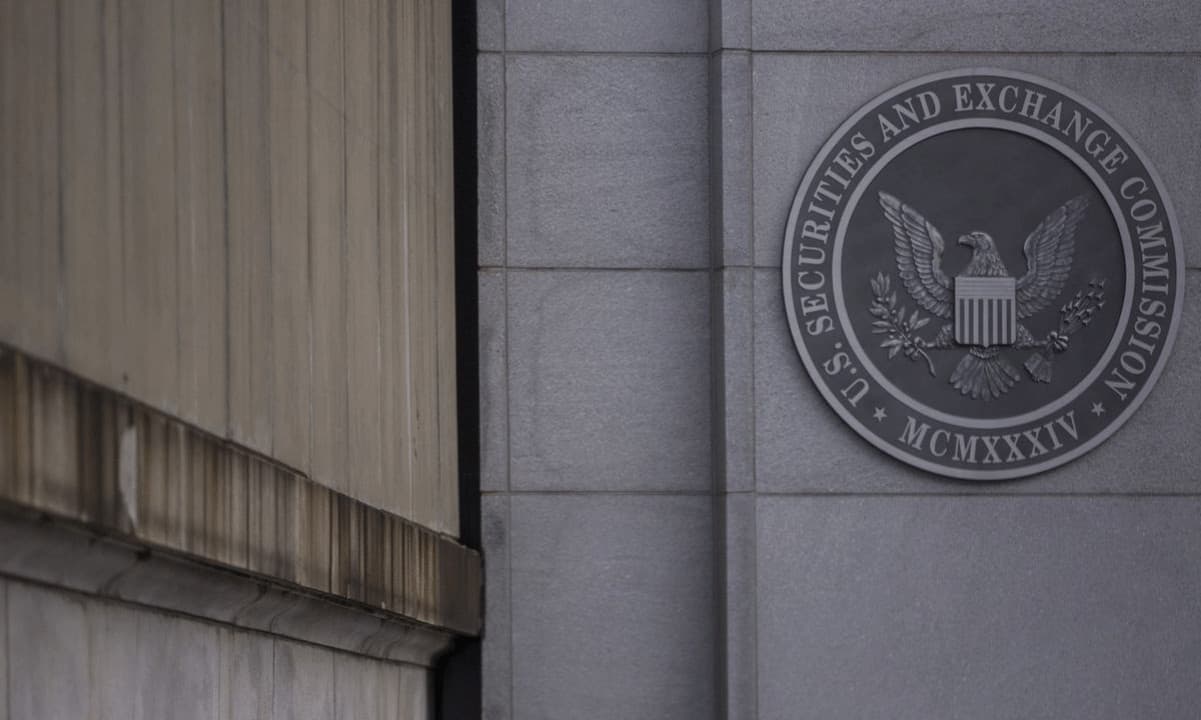
First Joint Roundtable by SEC and CFTC in Nearly 14 Years
The SEC and CFTC convened for their first joint meeting in almost 14 years to discuss cryptocurrency regulations and explore collaborative efforts.
The Securities and Exchange Commission (SEC) and the Commodity Futures Trading Commission (CFTC) recently hosted their first joint roundtable in almost 14 years. This meeting aimed to encourage cooperation on cryptocurrency regulations despite their limited history of collaboration.
Cooperation on Cryptocurrency Regulations
Acting CFTC Chair Caroline Pham emphasized the need for cooperation at the roundtable, stating that regulatory ambiguity has sometimes resulted in challenges for market participants. Pham expressed satisfaction that both agencies are now working together to align their regulations, which is expected to lower costs and foster fair competition.
She mentioned the SEC’s Project Crypto and the CFTC’s Crypto Sprint as early instances of this collaborative approach, advocating that harmonizing rules could enhance efficiency and accessibility for investors in digital assets.
Performance Insights of CFTC
In addressing concerns regarding the CFTC’s effectiveness, Pham noted that from January to early September of this year, the agency has enacted numerous enforcement actions and legal proceedings involving digital assets. “There needs to be no more FUD about what’s happening on the other side of town,” she stated.
The discussions also included several panels on topics like market structure, trading hours, and crypto asset innovations. Notable executives from significant crypto firms such as Kraken, Robinhood, and Crypto.com participated in these discussions.
Regulatory Focus on Tokenization
SEC Chairman Paul Atkins remarked that cryptocurrency is now a top priority for the agency, with an emphasis on asset tokenization. He cautioned that establishing proper regulations through the tokenization process might take a couple of years but believes its potential is immense.
The joint panel also sparked renewed discussions about the classification of tokenized securities, with crypto lawyer Gabriel Shapiro arguing for their fungibility amidst conversations that included former regulatory adviser Justin Slaughter questioning their inherent nature. They debated the standards for tokenization practices, emphasizing the need for clear regulatory guardrails.
In conclusion, the recent collaborative efforts by the SEC and CFTC signal a turning point in how regulations surrounding cryptocurrencies will evolve.



